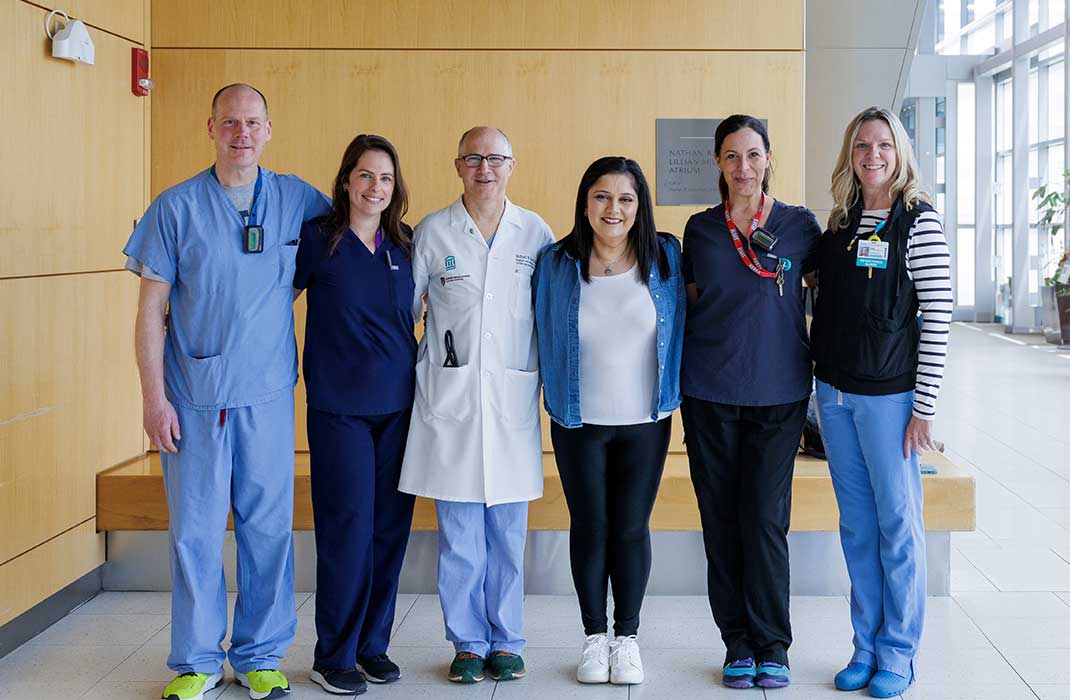-
- Find Care
-
- Visitor Information
- Find a Location
- Shuttles
- Visitor Policies
-
-
-
- Our Virtual Care Options
- Virtual Urgent Care
- Virtual Visits for Primary & Specialty Care
- Online Second Opinions
- Participate in Research
-
- Contact us
-
- For Innovators
- Commercialization Guide for Innovators
-
-
- Research News
- Alzheimer's Disease
- Artificial Intelligence
-
- Overview
-
- Overview
- Getting Started
- New to Mass General Brigham
- International Patient Services
- What Is Patient Gateway?
- Planning Your Visit
- Find a Doctor (opens link in new tab)
- Appointments
- Patient Resources
- Health & Wellness
- Flu, COVID-19, & RSV
- Billing & Insurance
- Financial Assistance
- Medicare and MassHealth ACOs
- Participate in Research
- Educational Resources
- Visitor Information
- Find a Location
- Shuttles
- Visitor Policies
- Find Care
-
- Overview
- Our Virtual Care Options
- Virtual Urgent Care
- Virtual Visits for Primary & Specialty Care
- Online Second Opinions
-
- Overview
- Participate in Research
-
- Overview
- About Innovation
- About
- Team
- News
- For Industry
- Venture Capital and Investments
- World Medical Innovation Forum (opens link in new tab)
- Featured Licensing Opportunities
- For Innovators
- Commercialization Guide for Innovators
- Contact us
-
- Overview
- Information for Researchers
- Compliance Office
- Research Cores
- Clinical Trials
- Advisory Services
- Featured Research
- Two Centuries of Breakthroughs
- Advances in Motion (opens link in new tab)
- Brigham on a Mission (opens link in new tab)
- Gene and Cell Therapy Institute
- Research News
- Alzheimer's Disease
- Artificial Intelligence
-
- Overview
-
- Overview
- Residency & fellowship programs
- Brigham and Women's Hospital
- Massachusetts General Hospital
- Mass Eye and Ear
- Newton-Wellesley Hospital
- Salem Hospital
- Integrated Mass General Brigham Programs
- Centers of Expertise
- Global & Community Health
- Health Policy & Management
- Healthcare Quality & Patient Safey
- Medical Education
- For trainees
- Prospective trainees
- Incoming trainees
- Current trainees
- Continuing Professional Development
- Patient Care
- Services and Specialties
- Heart and Vascular
- Conditions & Treatments
- Advanced Heart Failure
About the advanced heart failure program
Our multidisciplinary team of cardiologists, interventional cardiologists, electrophysiologists, cardiac surgeons, radiologists, nurse practitioners, social workers and other specialists work together to care for the complex needs of our patients. Together this team offers innovative treatments for the most severe forms of heart failure including coronary bypass and valve repair or replacement when appropriate, mechanical ventricular assist devices, and transplantation when necessary.
Because of the breadth of our experience, complex patients receive the best possible outcomes. We continue to develop new strategies for improving heart function through innovative research and clinical trials.
Conditions we treat
- Adults with congenital heart disease
- Cardiac amyloidosis
- Cardiomyopathy (weakened heart muscle)
- Cardiomegaly (enlarged heart)
- End-stage heart disease
- Inflammatory heart disease
- Inflammatory myopathies
- Inherited cardiomyopathies
- Myocarditis
- Pericarditis
- Stiff heart with normal pumping (preserved ejection fraction)
- Weak pumping of the heart (reduced ejection fraction)
Symptoms of advanced heart failure
Symptoms may include:
- Fatigue
- Increased heart rate
- Persistent coughing or wheezing
- Shortness of breath
- Swelling or fluid buildup in feet, legs, and abdomen
Causes and risk factors of advanced heart failure
Advanced heart failure is primarily caused by diseases that weaken the heart muscle or the arteries in and around the heart. The most common include:
- Anemia
- Cardiomyopathy
- Certain viral infections
- Chronic lung disease and pulmonary embolism
- Complications from pericarditis
- Congenital heart defects
- Coronary artery disease
- Diabetes
- Drug use
- Excessive alcohol
- Family history
- Heart valve disease
- Heart rhythm disorders
- High blood pressure
- Infections (endocarditis)
- Obesity
- Previous heart attacks
- Thyroid disorders
Diagnosis of advanced heart failure
Advanced heart failure diagnosis through the use of advanced testing and specialized cardiac imaging, including:
- Blood tests
- Cardiac catheterization
- Cardiac MRI
- Chest X-rays
- Echocardiogram (heart ultrasound)
- Electrocardiogram
- Exercise stress test
- Nuclear imaging
Approach to treatment for advanced heart failure
Our physicians are leaders in treating advanced heart failure and other complex heart conditions.
Our cardiologists work closely with patients and referring physicians to develop treatment plans that prevent the progression of heart failure and delay or avoid hospitalization. These medical treatments can include:
- Lifestyle and nutrition education
- Dietary adjustments
- Medications to manage blood pressure and reduce the workload on the heart
- Physical activity and exercise programs
Procedures may be required for some patients, depending on the diagnosis and severity of their advanced heart failure. Our physicians are experts in treating patients using complex or combination surgical procedures. Surgical options might include:
- Pacemaker and defibrillator implantation
- Coronary artery bypass grafting
- Heart transplantation
- Ventricular assist device (VAD) implantation
- Valve repair surgery or catheter procedure
- Valve replacement surgery or catheter procedure
Ventricular assist devices (VADs) aid the heart’s pumping ability in patients with advanced-stage heart failure. A small device is implanted next to a patient’s heart and can pump up to 10 liters of blood per minute, covering the full output of a healthy heart. There are several types of VADs, with left ventricular-assist devices (LVADs) being the most used.
VADs are typically used for:
- Patients who need additional cardiovascular support while waiting for a transplant
- Destination or permanent therapy for end-stage heart failure patients
- Temporary support after heart attack or during high-risk cardiac intervention
Devices used at Mass General Brigham Heart are designed for patient-specific needs. In addition to currently available devices, our team uses innovative and investigational devices. These cutting-edge devices are smaller, more durable, quieter, and have been shown to improve survival and quality of life.







